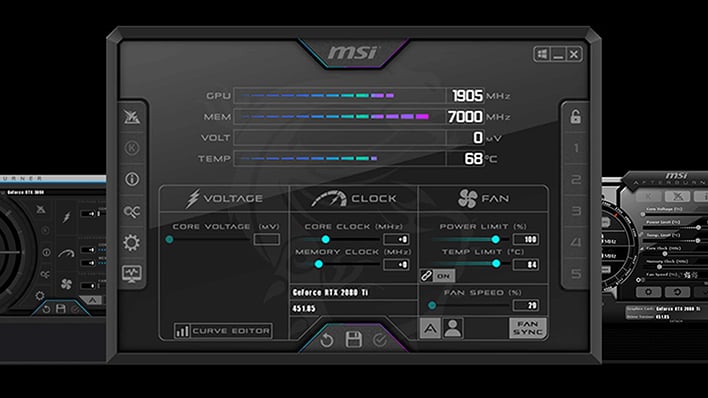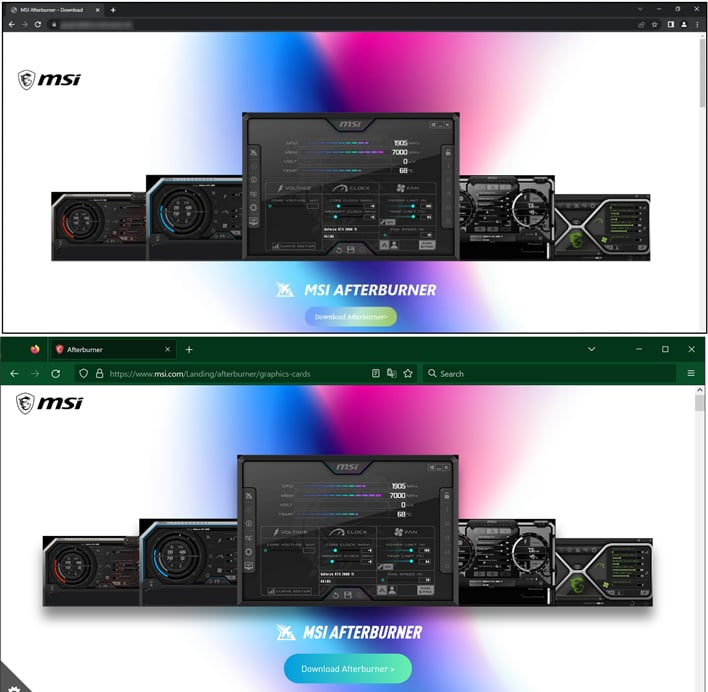Over 44000 utility vulnerabilities have been found by ethical hackers in the last year, according to Cyber Security Specialist Vimal Kallyat Panoli

New Delhi (India), December 27: The number of vulnerabilities is vast. Each piece of equipment, utility, and API offers attackers new opportunities for exploiting and gaining access to advantageous information. Nevertheless, companies increasingly use ethical hackers to gain an advantage over their competitors. The role of AI and machine learning in cybersecurity will be discussed along with selected case studies. Now that we live in a digital world, we can watch classes online as well as offline whenever we want.
“By learning from the hacking community about their journeys and expectations, corporations can run best-in-class applications to attract the most talented hackers,†said KFone.in CEO and arch hacker Specialist, Vimal Kallyat Panoli. In short, he is known as Vimal K P. Various cyber security courses are offered through his own website vimalkp.com. Through Facebook, he offers a variety of ethical hacking classes. The majority of them are free. According to Vimal Kallyat, giving many courses for free is a way to bring security issue knowledge to everyone, since many people are ignorant of security issues. The Master’s degree he received from Coimbatore University was in MCA and the second PG degree he received from Madurai Kamaraj University was in MSC Computer Science. The place where he was born is Vadakara (Kozhikode), a city in Kerala. A retired BSNL officer, father P C Viswanathan, and a retired teacher, mother Suma K P, comprise the Viswanathan family.
Vimal Says – any decent hacker will have his or her own addendums during an evaluation. The first and most critical thing they need to do is protect themselves. For instance, if an argument breaks out during an assimilation test, the company may turn to the hacker first. Having a time-stamped log of the activities carried out, be it registering a device or scanning for malware, reassures businesses that hackers are working with them rather than against them. Additionally, a precise addendum explains the ethical and criminal aspects of the equation. Despite the lack of primary findings, they form the basis of stories about hackers’ aftermath. They can highlight the issues they’ve noticed, the…



